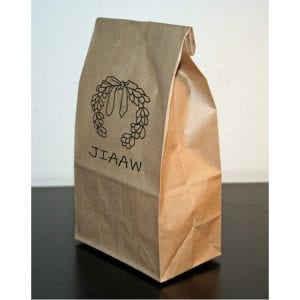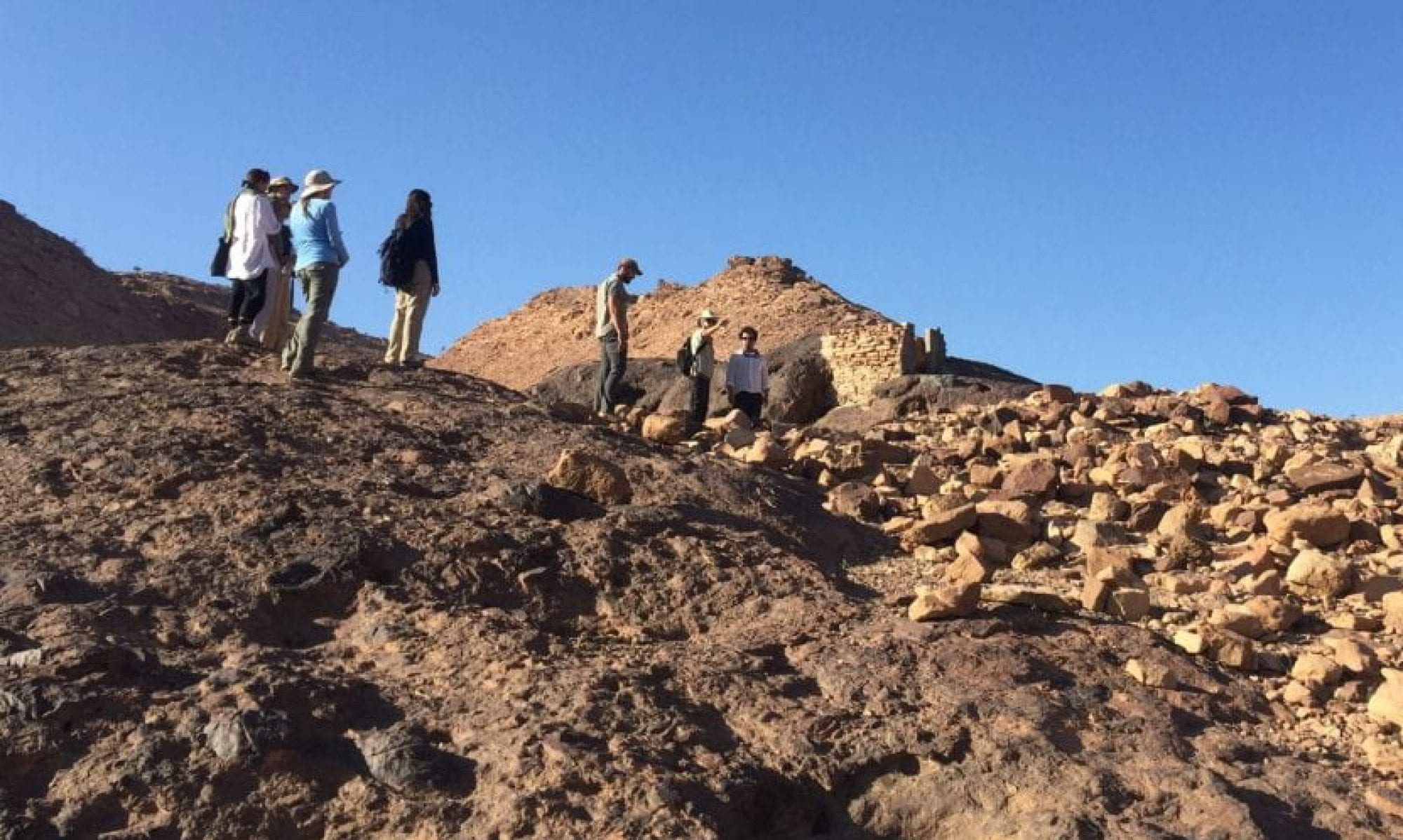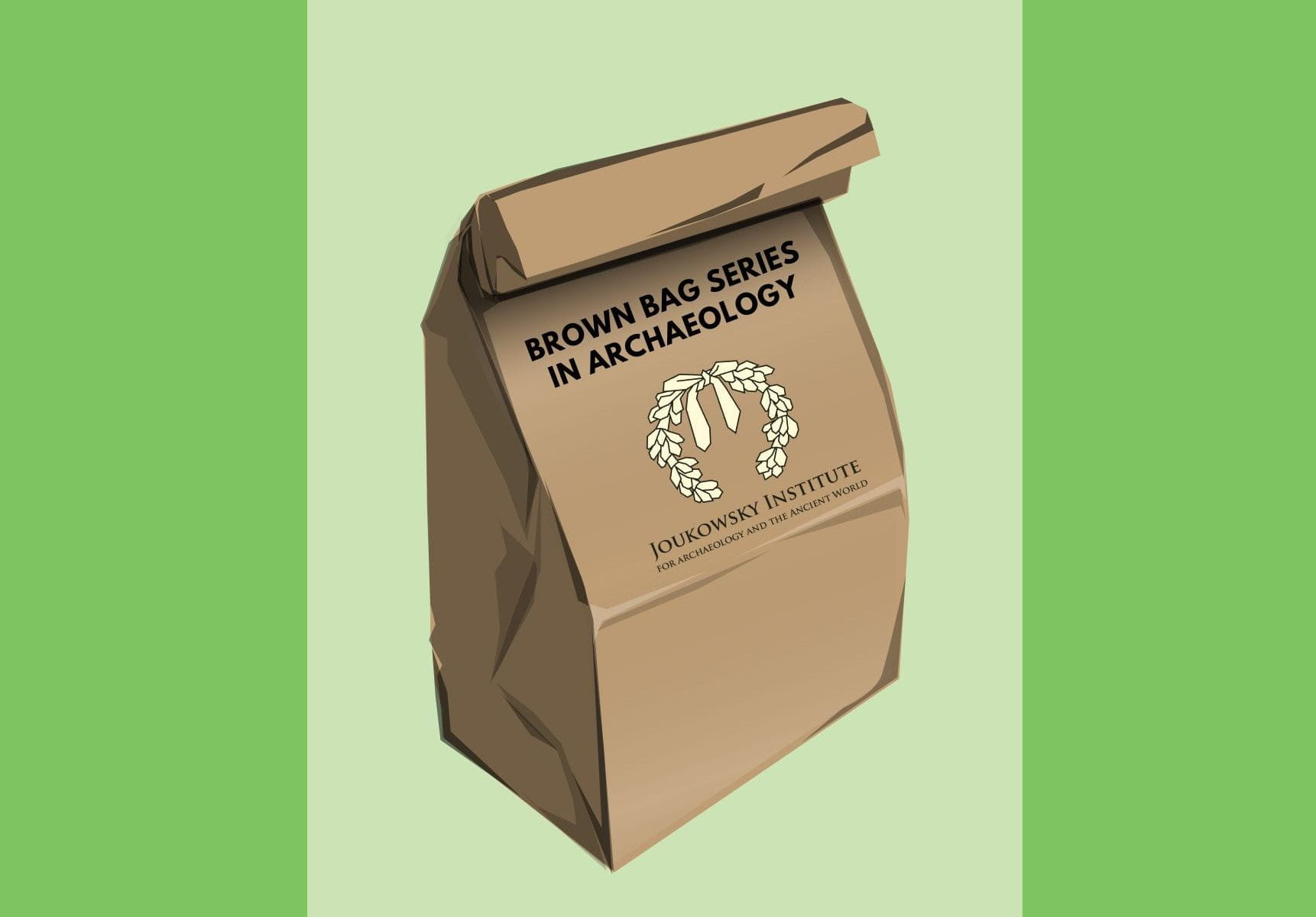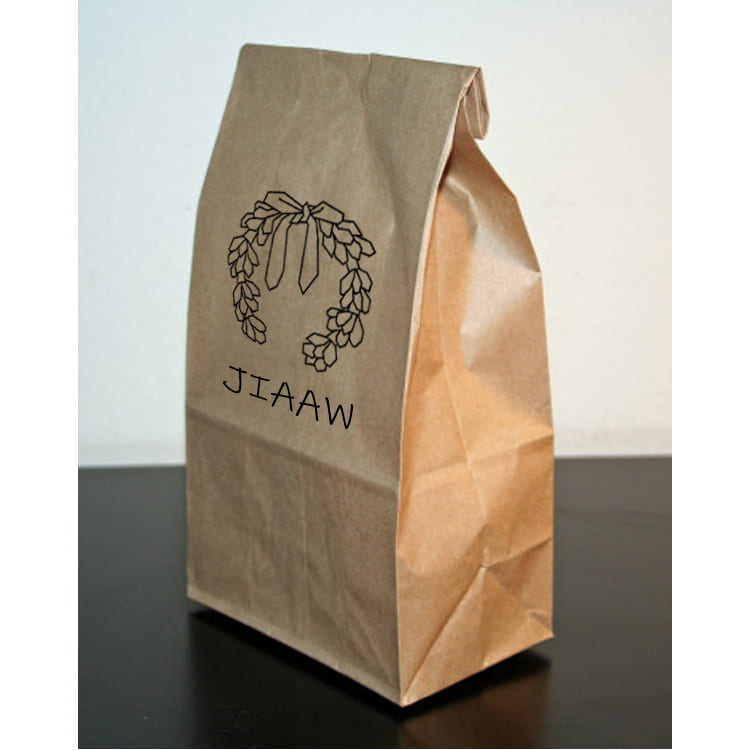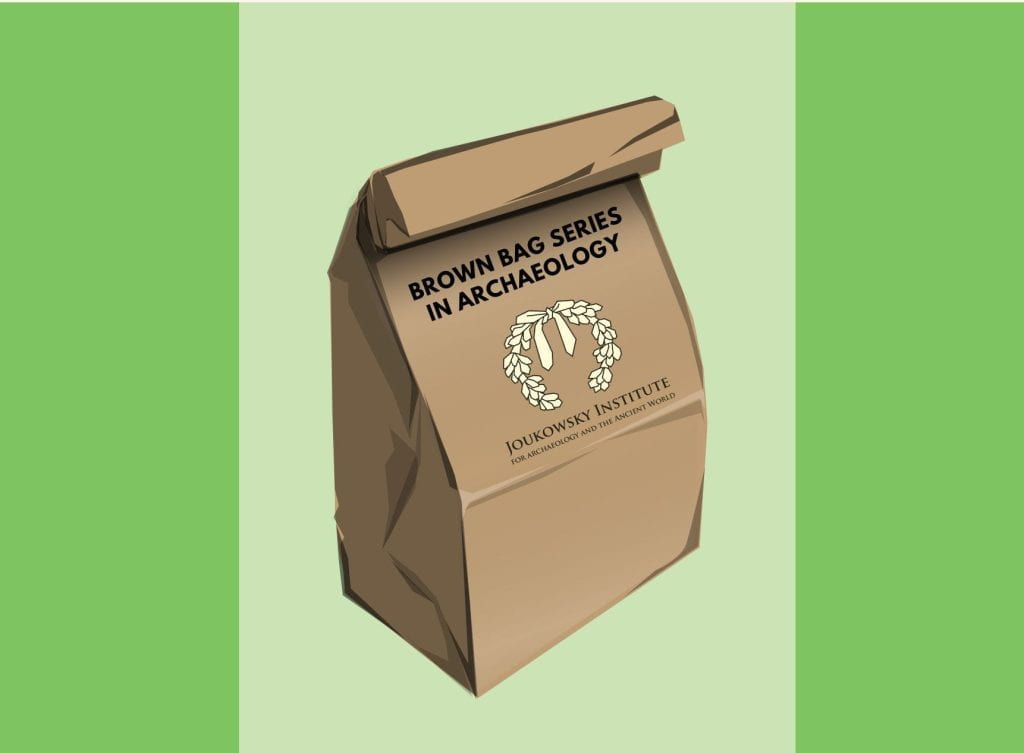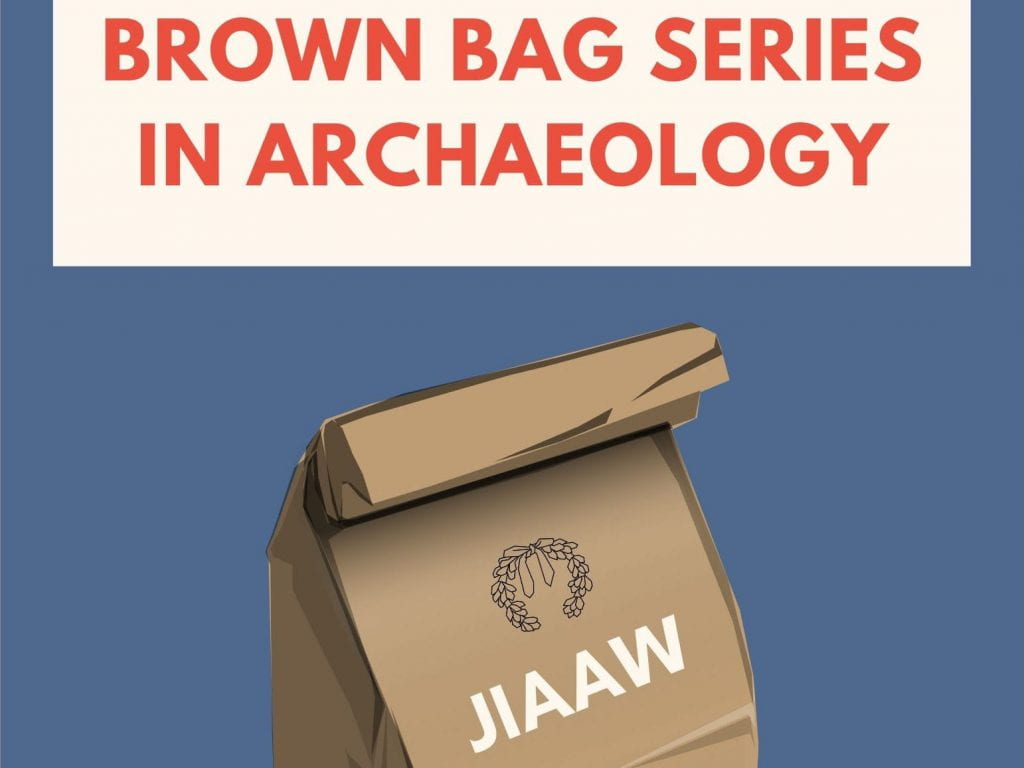Leah Bernardo Ciddio (Michigan)
“From Its Depths: Archaeology and Colonialism through the Adriatic Mirror”
This paper explores the silences and gaps of Adriatic archaeology and situates them in an historiographic context. I incorporate inquiry into the Venetian “flavour” of the Adriatic (as remarked upon by Braudel), identify both Venetian and Roman legacies as underpinning Liberal and Fascist Italian claims to the Adriatic space, and demonstrate that those legacies are less frequently extended into the South Adriatic for multiple colonial and postcolonial reasons.
Archaeology played a prominent role in Italian colonial expansion in East/ North Africa before and during the Fascist period. Less discussed, however, is the catalyzing role of archaeology in Italy’s relationship of domination over the Western Balkans. The events of the later 20th century give much material for ongoing discourses on national(ist) historiographies. There is, however, a relative lack of discourse that bridges the intervening sea to elaborate on how “Adriatic archaeology” has developed without taking a necessary step of collective, transnational self-reflexivity. I argue that the archaeological narratives that underpinned Italy’s domination of other Adriatic territories and nations continue to affect archaeological research and practice today in the Adriatic sphere today. After World War II, the adoption of the term “Adriatic koine” was presented as a neutral descriptor of interaction in the ancient Adriatic, one that did not position any one group as dominating another. Yet the koine narrative, frequently used today, is not without flaw nor does it adequately acknowledge ongoing disparities in the realms of archaeology or cultural heritage, which often fail to engage Adriatic peoples equitably – a failure further exacerbated by the fact that some Adriatic countries are EU members while others are not, and some Adriatic countries are still viewed through an Orientalist lens while others are branded (internally and from without) as passably more “western” or “European”, an image reinforced in the spheres of heritage and tourism. As multiple, often EU-funded cultural projects celebrate shared heritage amongst other “Adriatic brethren”, this is typically an incomplete exercise, wherein Albanians are less frequently offered a seat at the Adriatic table despite their modern engagement with and across the Adriatic, as recent migrants to/ a new diaspora in Italy.
Stephen Collins-Elliott (University of Tennessee, Knoxville)
“The Sisyphean Bind of Romanization: Post-Colonial Approaches, Cultural Essentialism, and Grand Narratives in Roman Archaeology“
The field of Roman archaeology is no stranger to post-colonial approaches. Since the 1970s, colonialist narratives of acculturation or assimilation on the part of the conquered in favor of a Roman identity have frequently been rejected, with many alternative theories of cultural change proposed in their wake. However, this older colonial model (albeit somewhat modified) persists. In introductory textbooks on ancient Roman archaeology and art available in the United States, the narratives presented frequently promote the status quo of the older colonialist model, wherein ancient Roman culture, via art, architecture, and artifact assemblages, is exported to the world. A certain problem then emerges, in which the attempt to overcome the grand narrative of “Romanization” becomes a Sisyphean task. By the very act of criticizing a colonial model of cultural change, its discourse is perpetuated, since one cannot engage in its critiques without first having been taught it as a core, default narrative of the field.
Here, I argue that the root of this dynamic lies in the very disciplinary definition of Roman archaeology itself. For, the implicit assumption of cultural essentialism continues to embody current approaches to archaeology in the Mediterranean, encoding objects and styles a priori with an ethnic identity. Therein also arises the failure of alternative theories to provide new grand narratives that are compelling and accessible to a general undergraduate audience, one who, far from having a background on post-colonialism and sociological or anthropological models of human interaction, may not even have a preconceived notion of what the Roman empire is and how it is manifested in the ancient Mediterranean. Finally, I outline pedagogical strategies to reframe Roman archaeology as a study of the relationship more generally between cultural change and empire in the ancient world, above all in non-essentialized terms.
Ana Delgado Hervás (Universitat Pompeu Fabra) and Mateo González Vázquez (Universität Trier)
“Uncovering the Past and Present of Mediterranean Rural Landscapes. A View from the Iberian Peninsula”
The study of rural landscapes in the Mediterranean region during the 1st millennium BCE has gained increasing attention in recent decades, yet the field has traditionally focused on urban and colonial centers. The lack of focus on rural areas has led to a limited understanding of the social and economic dynamics of these communities and their role in the broader historical narrative. Advances in non-invasive archaeological methods and preventative archaeology related to public works and development projects have led to a growing body of evidence on peasant communities, their lifestyles, and land use and management. However, due in part to the slow adoption of the so-called “grey literature” from preventative excavations, which is typically disregarded in academic circles, this information has not been accompanied by theoretical frameworks that concentrate on the strategies, practices, and lifestyles of peasant groups and communities. As a result, the study of rural spaces continues to be dominated by “urbanocentric” perspectives that view rural areas and their inhabitants as mere providers of food for “central places” and as marginal historical players.
In the case of Iberia, the emphasis has been on how “rural landscapes” transformed into “rural territories” and how the establishment of Emporion in the sixth century BCE was connected to the organization of a more intensive and “efficient” agricultural land exploitation and management system, with a focus on cereal production. However, models that depict this area as being severely colonized are frequently weak and influenced by mainstream academic discourse that denigrates rural groups, elevates “the Greeks,” and sees power relations as innately structural. Archaeology has contributed to this prejudice by focusing on the center of the colonial foundation and ignoring the surrounding area for more than a century. In order to question these conventional viewpoints and provide new information, a research project has been launched in the rural area of Emporion using a variety of techniques, including excavation, geophysical and pedestrian surveys, and GIS mapping. The goal of this project is to include the histories of these peasant communities more fully in the main historical narrative and move beyond the overly simple views based on the ideas of chora and territorial hierarchy that have traditionally been used to look at these places.
Lara Fabian
“Antiquity and the Narrativization of the Black Sea“
In August 2011, Russia’s then prime minister Vladimir Putin goes scuba diving in the Black Sea, returning to the surface holding fragments of two amphorae. “Treasure!” he announces. The world media—and most archaeologists—scratch their heads in confusion. “Vladimir Putin’s Greek urns claim earns ridicule” reads one characteristic headline. However, and particularly in light of the war in Ukraine, the deeper story behind Putin’s photo-op merits closer consideration.
This deeper story is unfamiliar to many archaeologists working in the Anglo-American and Western European traditions, where the Black Sea—a vibrant corner of the Mediterranean system—falls at the fringes of disciplinary interest. A narrow range of topics (e.g., Greek colonization, Black Sea grain exports, Scythian-Greek interaction) have of course been thematized. But the space has rarely played a central role in disciplinary discourses: a reality that has its roots in internal disciplinary preoccupations as well as in wider geopolitical realities.
In stark contrast, the Black Sea has been a central object of inquiry for scholars of the ancient world working in the intellectual traditions of the Russian Empire, the Soviet Union, and the wider ‘post-Soviet’ world. This research has been, as all scholarship on antiquity is, profoundly entangled with contemporaneous political projects.
In this paper, I lay out broad trajectory of the construction of the northern and eastern Black Sea within the Russophone tradition, moving from creation of a home-grown (отечественная) study of classical antiquity under Catherine the Great, through the flourishing of regional studies in the late Russian Empire, the struggle to tell acceptable histories in the Soviet period, and the eventual fracturing of narratives in the post-Soviet period.
My goal in this paper is twofold. Firstly, this oft-overlooked history provides valuable insight into the diversity of ways that ancient history has been, and continues to be, operationalized in imperialist projects. Secondly, as we consider the state of our discipline, this paper invites us to reflect on how (and why) we should integrate spaces that have hitherto fallen through the cracks of our disciplinary frameworks.
Benjamin Luley (Gettysburg College)
“Comparing Colonialism: Between Classics and Anthropology in Roman Mediterranean Gaul”
Despite certain important structural similarities between the Roman Empire and other imperial powers (e.g., violent conquest of indigenous populations, taxation and exploitation, varying degrees of settler colonization, etc.), scholars have often hesitated or resisted altogether applying the term “colonialism” to the Roman Empire. At the same time, within the discipline of anthropology, the archaeology of colonialism as a subject of research, as well as an engagement with “decolonization” theories and methodologies have become increasingly popular in the past two decades. In part, the debate over the status of the Roman Empire as an example of “colonialism” is part of a larger debate about the role that Mediterranean archaeology will play in the 21st century: to what extent will it remain as a specialized sub-field within Classical Studies –- a field structurally built around only two Mediterranean societies, that of Greece and Rome -– and to what extent will it seek to engage with larger debates about human societies comparatively across space and time?
In this talk, I suggest that analyzing Roman rule in the conquered provinces as an example of colonialism allows us to better evaluate the local experiences of non-Roman peoples living under violently imposed foreign rule, while also allowing Mediterranean archaeologists to contribute to a wider understanding of the structural similarities and differences of empires and expansive states across space and time. Looking specifically at the example of the ongoing excavations at the site of Lattara (modern Lattes, France) in what was Roman Mediterranean Gaul, I ask what a “decolonized” archaeology of the Roman provinces might look like. In part, “decolonizing” so-called “Roman” archaeology involves above all recognizing the power imbalances implicit in Roman rule in the provinces, something brought out by the term “colonialism” itself. Furthermore, I suggest that “decolonizing” the Roman Empire can also involve a continued investigation of subaltern populations, while also moving away from thinking of this as “Roman archaeology” at all and instead looking more diachronically at transformations and continuities in the lifeways of local peoples across both the Iron Age and Roman period.
Ileana Micarelli (University of Cambridge)
“Osteobiographical Investigation of Disability and Care in Classical Italy“
The bioarchaeological characterisation of disabled individuals from the past is particularly challenging because it pushes the boundaries of the interpretation of pathologies recognisable on human remains. In this communication, I will investigate the bioarchaeological approaches for recreating the “Past to life”. In so doing, the osteobiographical approach offers a possible framework in which human remains are studied to understand not only the embodied experience during life but also to frame people as playing diverse social roles (e.g. patient, healer, doctor, carer) in different times during life. Considering the meaning of disease, treatment methods and, quite possibly, caregiving customs (i.e. written sources), the Italian Peninsula in Classical times offers the ideal scenario. This abstract aims: (1) to use the osteobiographical approach to explore a life narrative of a male (labelled T90/5) in need of care from the site of Selvicciola (4th-7th c. CE, Italy), and (2) to contextualise the impact of his health status on his community. Via methods standard in anthropology, T90/5 was analysed to assess the biological profile. Visual inspection, CT-scan and X-rays were used for palaeopathological assessment and biomolecular analyses to investigate the diet. The results show that a mature male survived at least two traumatic events and an injury of the left femur neck shortly before death. Surviving multiple traumas should be interpreted as a severe chronic condition. This caused several problems during the first phases (blood loss, infections) and long-term recovery. To survive, T90/5 was cared for by the community not only to avoid severe conditions in a pre-antibiotic era but also to sort out biomechanical activities. Stable carbon and nitrogen analyses on bone collagen show a dietary intake consistent with the rest of the group. His burial was a lithic stone coffin, close to other burials, indicating he was buried like the other community members. Osteological investigations (paleopathological assessment, biomolecular analyses) and burial evidence of social inclusion indicate a probable adoption of alternative tasks for subject participation in community life. This osteobiographical investigation offers insight into the embodied experience of impairment of an individual from a Mediterranean community.
Eva Mol (University of York), Andrew Gardner (UCL), Lindsey Allen (Kings College London), Corinna Riva (UCL)
“New Agendas in Decolonised Mediterranean Archaeologies?”
This abstract would fall in both the definitions and responsibilities- themes and is perhaps not a typical abstract, more an invitation to share thoughts about archaeologies of the Mediterranean from a UK-perspective. Last year, running from January until June 2022, we organised a bi-weekly seminar called ‘Disorienting the Classical’ (link online here) at the London Institute of Classical Studies. The series were born out of a discussion on dropping the ‘Classical’ from the ICS-name and what we would gain from this, and from the encouraging decolonisation-rupture in the field in 2020/1, fuelled by Covid19 and the Black Lives Matter movement. Many panels and seminars were held that year, with great and inspiring debates, reading lists, activism, and with departments making some radical structural changes. However, that was 2020, today we see that the initial positive attitude is waning rapidly, the readiness for action fading, while people complain against wokeness on universities and ban books about critical race theory. How did Mediterranean archaeology relate to this debate?
In our series we tried to reflect on this constructively, by a tripartite structure of orienting, disorienting, and reorienting the Classical in today’s world and in academia (the theoretical concept is borrowed from Sara Ahmed’s Queer Phenomenology). How did we become familiarised and oriented to particular topics, and how has that orientation led to a much narrower working space than we often realize? Through interviews, panels, lectures, discussions with colleagues and students, by including many different voices and research angles, we have tried to critically analyse the movement, our current position, and where we should be heading. We believe we are in the right moment to reflect on all this and ask what should remain about the Classical as well as what we should do with the fragmented Mediterranean Archaeology that seemed to have largely eschewed these debates (Mol 2020). What’s in a name? What do we lose and what do we gain if we take radical measures? What roles should Mediterranean archaeology play? We would like to offer our UK-perspective and would love discussing this further with other colleagues and students and share thoughts and agendas.
James Newhard (College of Charleston) and Allison Sterrett-Krause (College of Charleston)
“Consilience and Resilience: Mediterranean Archaeology at an American Undergraduate University”
In North America, Mediterranean archaeologists typically find employment in higher education or museums. Because these positions require advanced degrees, graduate education is often assumed as the default environment for exploring curricular structure, relationships with cognate disciplines, intersections with outside communities, and issues of relevancy. However, given that graduate students of Mediterranean archaeology come from some form of undergraduate experience, it is logical to explore this preparation to gain a broad sense of how Mediterranean archaeologists develop from the beginning of their higher education experience.
The College of Charleston’s Interdisciplinary Program in Archaeology (IPA) provides an opportunity for a deep assessment of a program that trains future Mediterranean archaeologists alongside peers studying other parts of the world. The IPA is structure around a consortium of 10 different departments spread across four of the seven schools of the institution. A review of the Program’s curricular structure explores the ownership of disciplinary knowledge among archaeologists with academic homes in Classics, Anthropology, Art History, Geology, History, Historic Preservation, and other units. The IPA offers one model for how numerous stakeholders reach consensus regarding what skills or perspectives will be required of future archaeologists writ large, of future Mediterranean archaeologists specifically, and how and by whom those skills and perspectives are delivered. The IPA at Charleston need not be taken an archetype for emulation, but it demonstrates the intricacies of power- and knowledge-sharing between Mediterranean-focused and other archaeologists and suggests pathways that could lead to a revisioning of Mediterranean archaeology’s position within the structure of higher education.
Giulia Saltini Semerari (University of Michigan), Meritxell Ferrer (Universitat Pompeu Fabra), Mireia Lopez-Bertran (Universitat de Valencia)
“Gender Archaeology and the Ancient Mediterranean“
The questions and priorities developed in forty years of gender archaeology have been adopted by researchers of the ancient Mediterranean intermittently, and often (though not always) with only a partial understanding of the potential offered by this body of literature. Gender archaeology in the ancient Mediterranean is thus misaligned with broader trends within the discipline because of its narrow scope (which tends to focus on adult elite women, skew towards static descriptions, and use a limited range of archaeological datasets) and its lack of explicit engagement with disciplinary practices. This is unfortunate, because the Mediterranean offers unique opportunities to explore a number of key theoretical and practical issues raised by gender archaeology. In particular, the importance of connectivity in the trajectories of coastal Mediterranean populations, paired with a general high density of information, provides an ideal case study to investigate in detail how culture contact impacts (and is shaped by) gender dynamics. Further, its dense and fragmented geographical and cultural space allows for the comparative investigation of variability – in terms of both local developments and the response to external inputs. The ancient Mediterranean thus holds great potential for the integration of gender as one key variable within broader historical narratives and for the creation of more nuanced theoretical understandings of culture contact. In this presentation, after a brief review of the state of gender archaeology in the Mediterranean, we outline one recent project that is addressing this issue at one critical turning point in Mediterranean history: the transition from the Early Iron Age to the Classical period. As a collaborative project bringing together scholars from different countries and academic status, this project also raises the question of creating inclusive and fair disciplinary practices – and issue that is dear to gender archaeology but is often neglected in Mediterranean archaeology.
